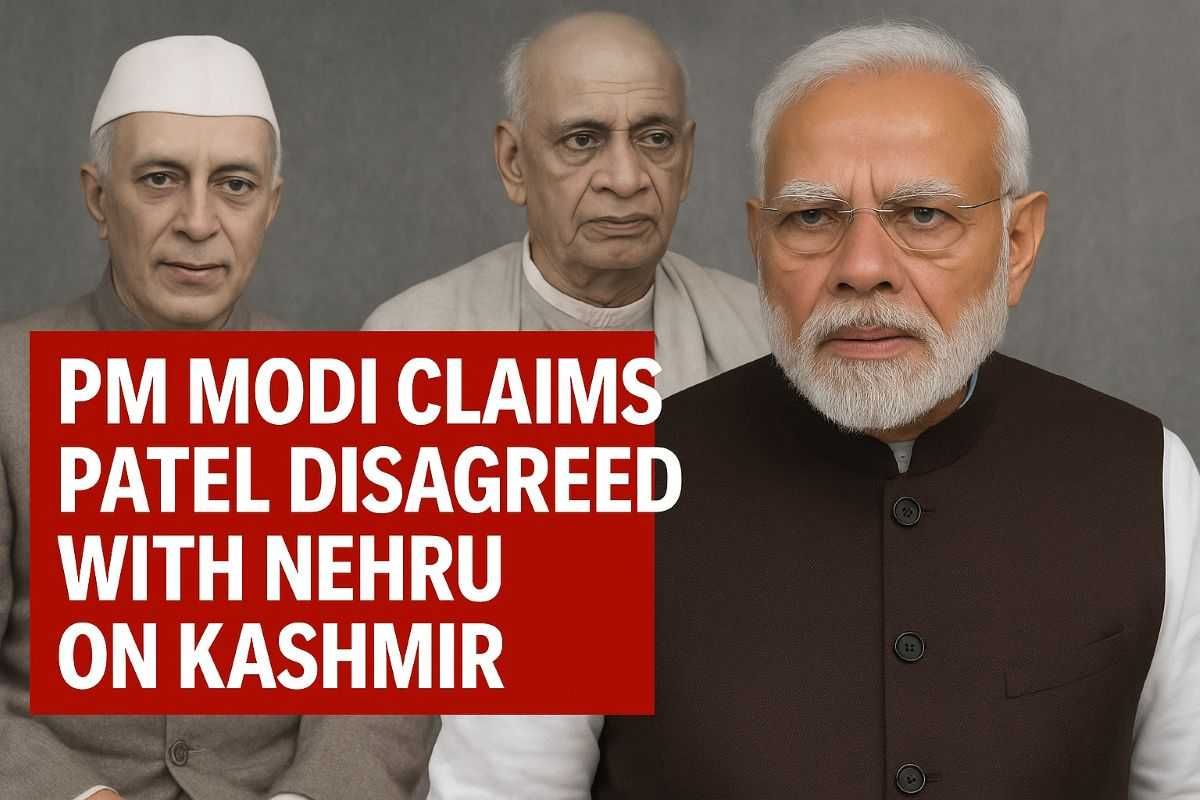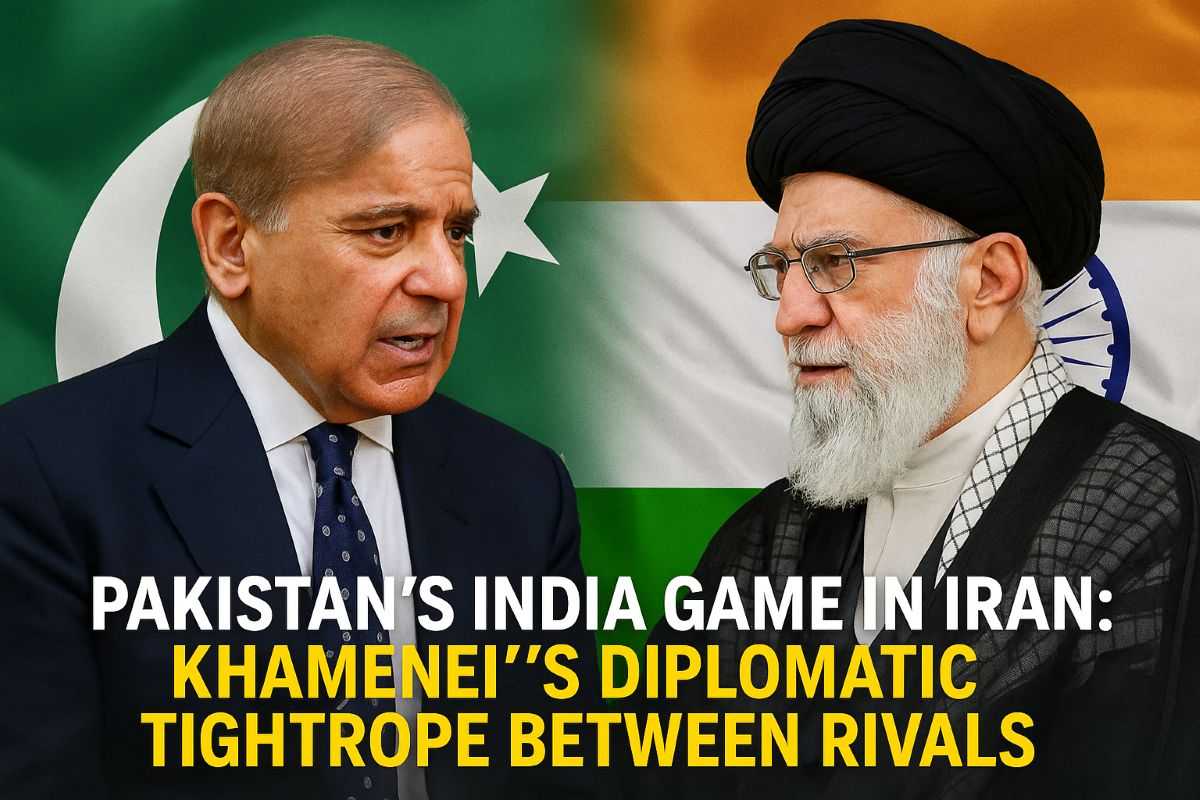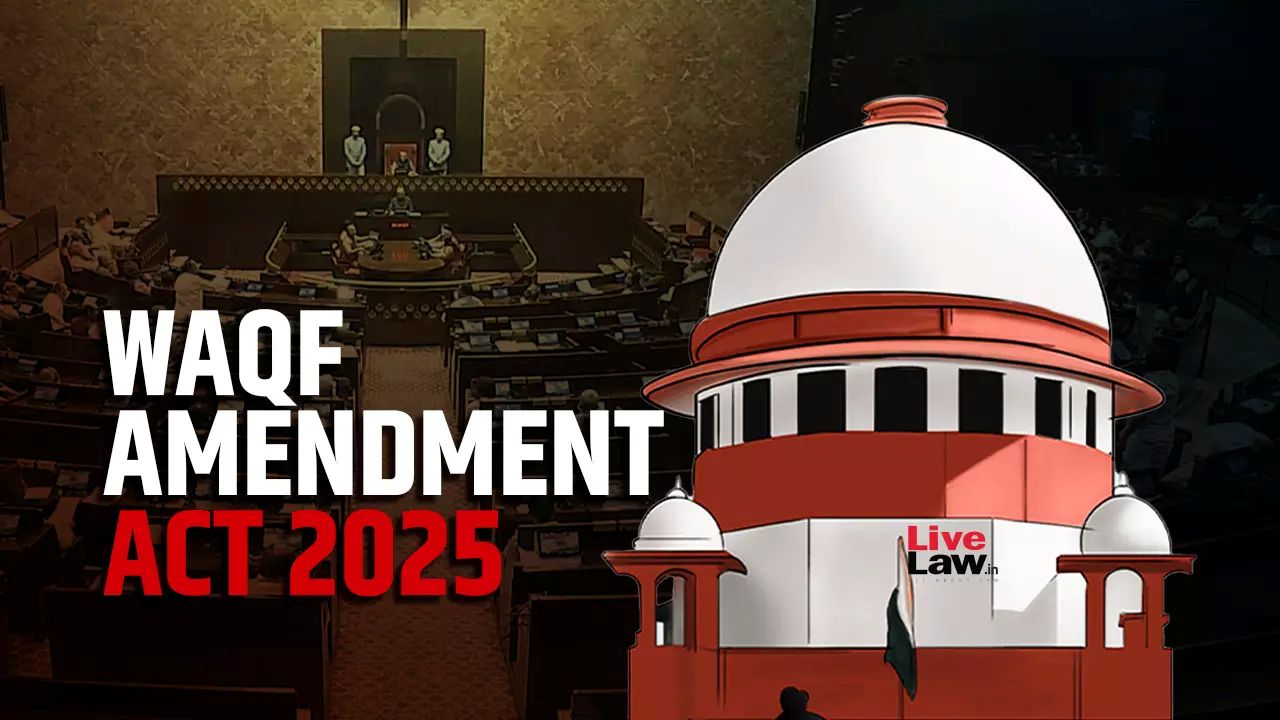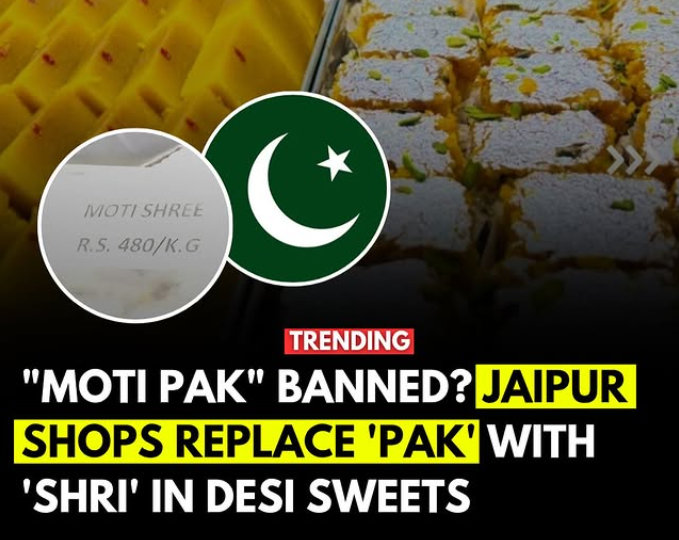
Modi Blames Nehru for Kashmir Crisis: Did Patel Have a Better Plan?
Had Sardar Patel’s advice been followed, terrorism in Kashmir could have been avoided,” PM Modi stated at a recent rally following the Pahalgam terror attack.
Prime Minister Narendra Modi has once again stirred the political pot — this time revisiting a pivotal moment in Indian history. He accused the Nehru-led Congress government of undermining Sardar Patel’s military advice during the early days of the Kashmir conflict in 1947.
Modi claimed that Patel had a clear and assertive military plan to reclaim all of Pakistan-occupied Kashmir (PoK), a plan that was halted due to Nehru’s diplomatic preferences. This bold statement has sparked a fresh wave of curiosity about Patel’s actual role and mindset during India’s most volatile geopolitical crisis.
This has sparked new interest in Patel’s original position on the Kashmir dispute and how it diverged from Nehru’s approach
First, we revisit PM Modi’s remarks that stirred fresh controversy on Tuesday.
Sardar Patel believed that military action should have continued until Pakistan-occupied Kashmir (PoK) was fully reclaimed,” Prime Minister Modi asserted during his rally. “Unfortunately, his advice was not heeded.”
Referring to the ongoing unrest in the region, Modi said,
“The bloodshed unleashed by these mujahideen has continued for 75 years. What happened in Pahalgam is just another manifestation of that same violence.”
Highlighting India’s military strength, Modi added,
“The Indian Army has defeated Pakistan time and again. Pakistan now understands it cannot win against India through conventional warfare.”
#JustIn: ‘PoK तभी ले लिया होता, तो ये दिन नहीं आता’- पीएम @narendramodi#PMModi #NarendraModi #PMModiSpeech #Gandhinagar @PMOIndia pic.twitter.com/LRfOzZ71EJ
— Times Now Navbharat (@TNNavbharat) May 27, 2025
Source: Times Now Navbharat
What Was Sardar Patel’s Real Stance on Kashmir? A Shifting Position
According to historian Rajmohan Gandhi, Patel‘s initial views on Kashmir were not fixed. On September 13, 1947, he was reportedly open to Kashmir joining Pakistan. But everything changed that same day when Pakistan accepted the accession of Junagadh, a Hindu-majority state with a Muslim ruler.
Read Also: PM Modi’s “Roti Khao, Warna Meri Goli To Hai Hi” Statement Sends Strong Warning to Pakistan
Source: ANI News
From then on, Patel became a staunch defender of Kashmir’s integration into India — viewing Junagadh, Hyderabad, and Kashmir as the “pawn, king, and queen” of the new Indian political order post-Partition.
Nehru vs. Patel: The Kashmir Clash Over War, Ceasefire & the UN
When Pakistani-backed forces invaded Kashmir in October 1947, India responded with swift military deployment. But when Nehru, influenced by Lord Mountbatten, chose to take the issue to the United Nations in January 1948, Patel was firmly opposed.
Patel’s view: “Why crawl to Jinnah when we’re in the right?”
He favored continued military operations to secure all of Kashmir, warning that internationalizing the issue would only complicate it — a prediction that proved prescient.
How the UN Move Backfired: Patel’s Silent Warning
Patel’s worst fears came true. Once the matter reached the UN, Pakistan countered with aggressive diplomacy, led by envoy Zafrullah Khan, effectively turning Kashmir into a bilateral global dispute.
While Patel quietly disagreed, he did not actively obstruct the process. In fact, he allowed concessions to Kashmir’s leaders that even exceeded Nehru’s original plans — showcasing his political pragmatism.
A Quiet Dissent: Patel’s Final Thoughts on Kashmir
Despite deep dissatisfaction with several decisions — including the ceasefire, the UN appeal, and the plebiscite offer — Patel never articulated a concrete counter-strategy.
In August 1950, he reportedly told Jayaprakash Narayan:
“Kashmir is insoluble.”
Even those closest to Patel couldn’t say for sure how he would have handled Kashmir had he been in charge. JP later reflected, “Kashmir was Nehru’s baby. Vallabhbhai made no move to pick it up.”
Why Patel’s Perspective Still Matters Today
Patel’s legacy on Kashmir remains a subject of debate. While he supported continued military action and opposed international mediation, he ultimately respected Nehru’s leadership and Cabinet consensus.
His stance may not have been aggressively pursued, but his concerns echo through decades of conflict in the Valley — and are now being revived at the highest levels of Indian politics.







